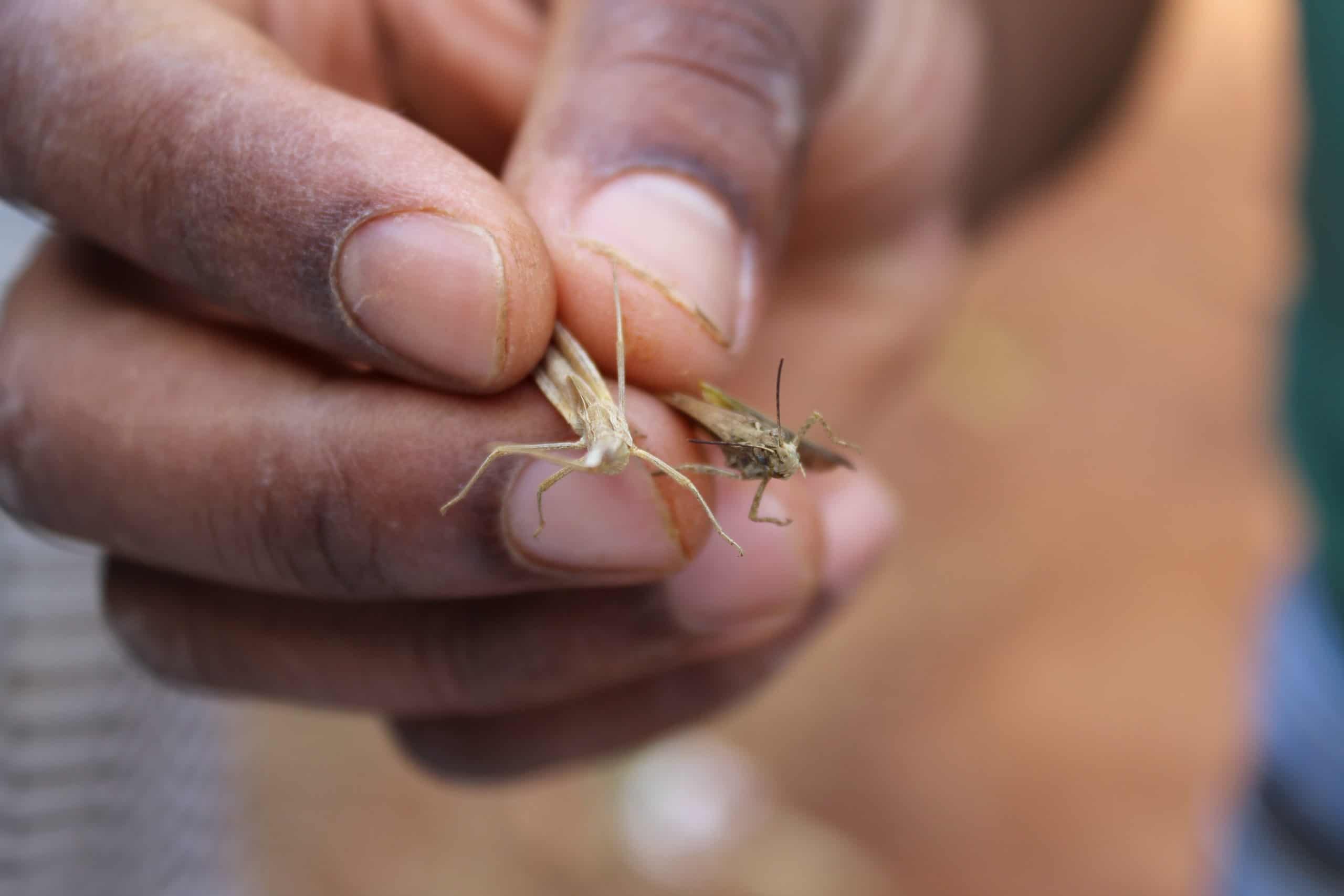Insect farming is providing the planet a cheaper alternative source of protein. And South African startups bringing it to the mainstream say there’s no business like the bug business. Could the future of food be insect-protein?
An insect in your meal? What was once food faux pas is now a deliberate culinary concoction.
Insect-based proteins are slowly finding their way into agricultural production lines and the menus of discerning diners. It’s a growing industry also looking to primarily help meet the demands of an increasing population, with several startups now pioneering this sector in Africa.
But nutritional bugs are not new to palates across the world; it’s just the way they are being given new meaning that’s gaining currency in the continent’s farming communities.
“Eating insects is nothing new, but the key is to provide a functional equivalent to animal protein that is more sustainable,” says Dr Leah Bessa, co-founder of South African company Gourmet Grubb, which produces a dairy alternative from insect-proteins.
“We found that people were quite willing to try our product. While there is still a mental barrier (to insect-proteins), the market will change quite quickly – it took a long time for plant-based alternative proteins to become accepted, but now they are commonly available.”
Gourmet Grubb has positioned itself at the intersection of novelty and environmental sustainability. Based in Cape Town, it farms insects from spent grain. The environmental costs to such farming are considerably lower than animal farming, a major contributor to pollution and land use globally.
“South African palates can be quite conservative, but it’s a matter of availability and exposure before tastes change,” continues Bessa.
“We found that people were quite willing to try our product. While there is still a mental barrier (to insect-proteins), the market will change quite quickly – it took a long time for plant-based alternative proteins to become accepted, but now they are commonly available.”
In South Africa, mopane worms (a species of emperor moth) fall under the category of edible insect-proteins that most people are familiar with. Once a regional staple in the Limpopo province of South Africa, household consumption of it has been on the decline as people move to more Western diets, despite increased interest in the Western world in new forms of protein – so says Dr Bronwyn Egan, a pioneer in insect-protein research at the Larry Leach Herbarium, University of Limpopo.
“Most people consuming insects currently do so as a form of subsistence protein – because it’s cheap and well, free.”
According to the United Nations’ Food and Agriculture Organization in 2013, globally, some two billion people in 130 countries consume insects as a source of protein already, but with population numbers expected to boom to 10 billion by 2050 and global food production expected to grow as much as 70% to meet the new demand, novel and effective food sources are needed. Cost to consumers can play an equal if not greater impact than sentiment, with insect protein being comparable in terms of nutrition to most animal proteins, but considerably cheaper per gram.
However, with an increase in consumption and the formalization of insect-protein farming come other challenges.
“The industry needs a baseline nutritional analysis to provide more information as to the benefits of different insect-based proteins, as well as more investigation into the ecology of the insects themselves,” says Egan.
“Once products are out in the market, there is also a need to comply with food safety legislation, and ensure that sustainability and the environment are a key part of production – ideally, before the marketing of insect-protein products, but it seems these will have to happen together.”
Innovative companies such as Gourmet Grubb, Ensekta and Kenya’s InsectiPro are expected to make a break into the mainstream, with the estimates of the global insect-protein market at around $8 billion by 2030 (according to Meticulous Research last year), paving the way for new opportunities for growth and investment on the African continent.
“Grasshoppers are the tastiest,” laughs Egan, in conclusion.
– By Yeshiel Panchia
